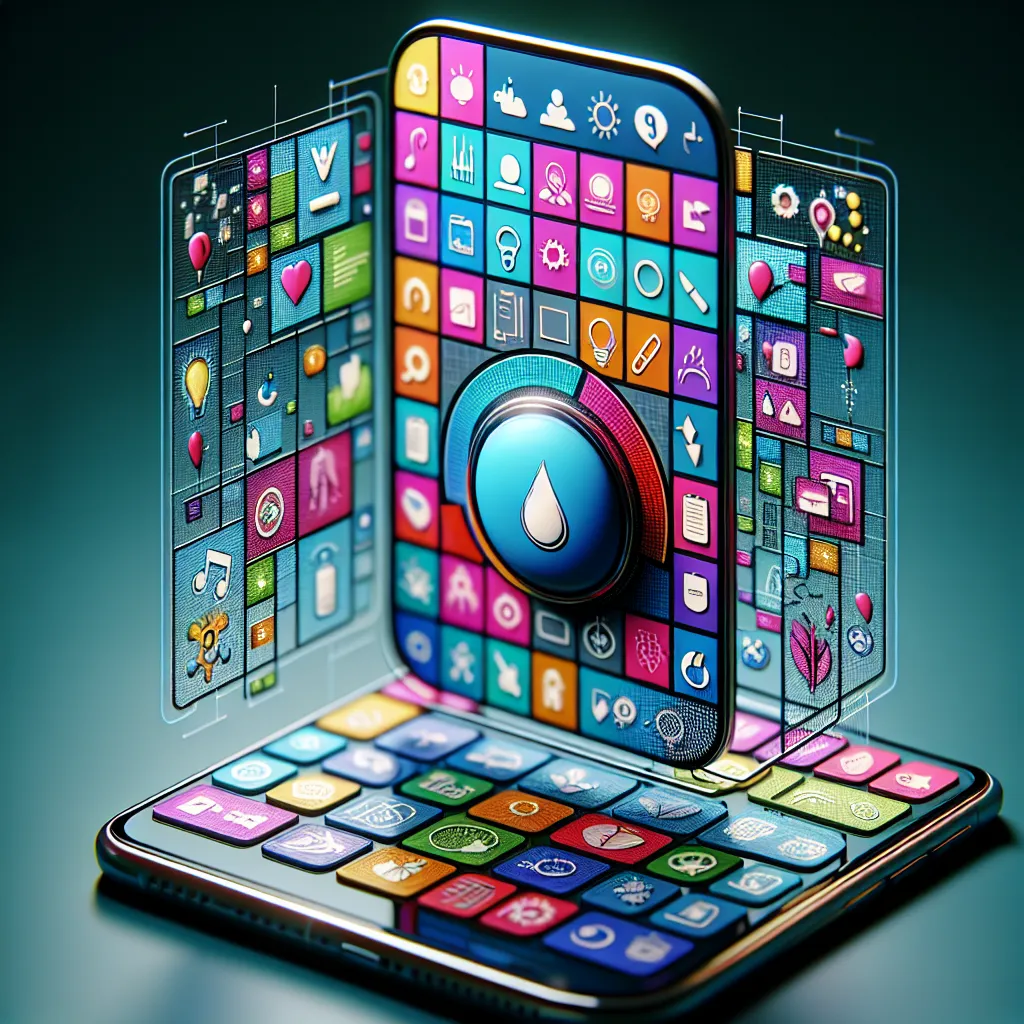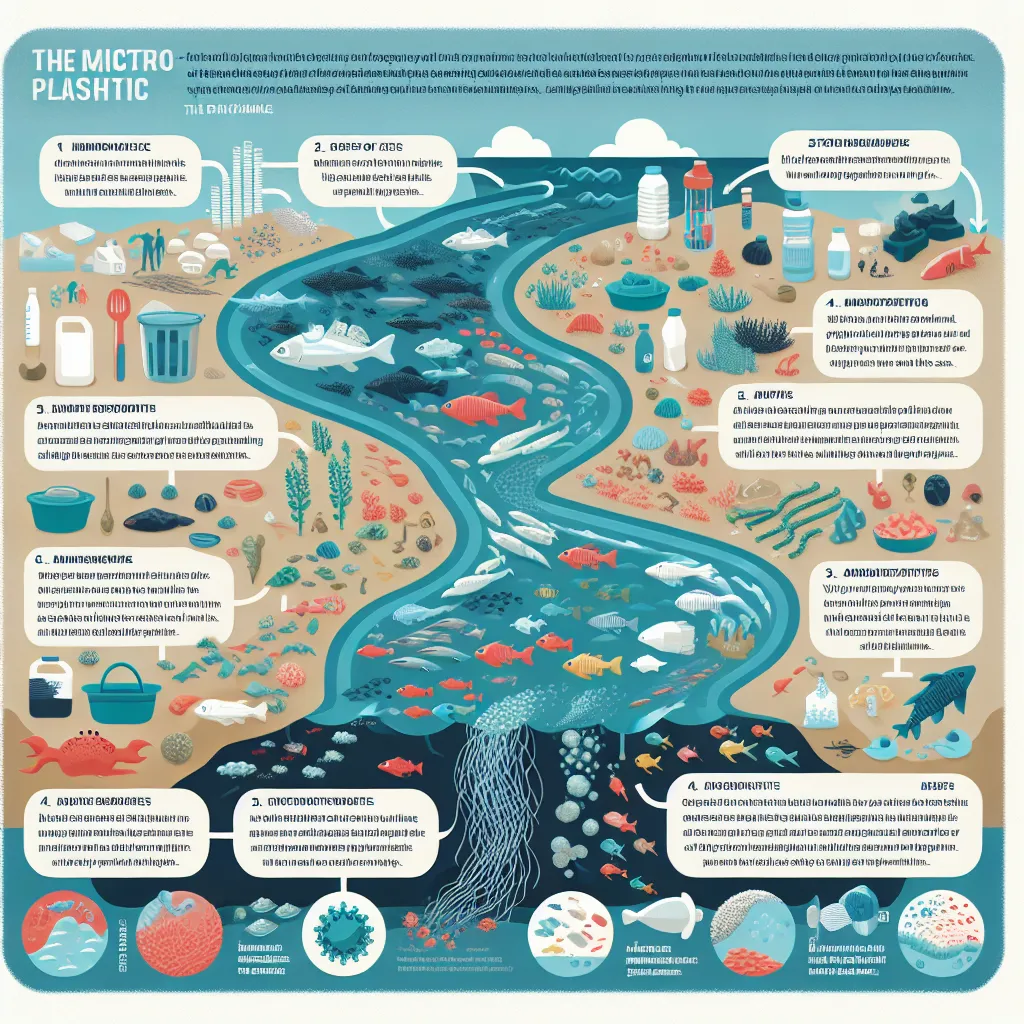Are you preparing for the IELTS Speaking test and looking for ways to excel in describing everyday technology? This guide will help you tackle the topic “Describe an app that you find useful in your daily life” with confidence and finesse. As an experienced IELTS examiner, I’ll provide you with valuable insights, sample answers, and tips to boost your speaking performance.
Nội dung bài viết
- Understanding the IELTS Speaking Test Structure
- Part 1: Introduction and Interview
- Q1: Do you use many apps on your phone?
- Q2: What kind of apps do you find most useful?
- Part 2: Individual Long Turn
- Follow-up Questions
- Part 3: Two-way Discussion
- Q1: How do you think technology has changed the way we learn new skills?
- Q2: What are some potential risks or downsides of relying too heavily on apps in our daily lives?
- Key Vocabulary and Phrases for High Scores
- Examiner’s Advice for High Scores in IELTS Speaking
 Smartphone with useful apps
Smartphone with useful apps
Understanding the IELTS Speaking Test Structure
Before we dive into the specific topic, let’s briefly review the structure of the IELTS Speaking test:
- Part 1: Introduction and Interview (4-5 minutes)
- Part 2: Individual Long Turn (3-4 minutes)
- Part 3: Two-way Discussion (4-5 minutes)
Now, let’s explore how to approach each part when discussing a useful app in your daily life.
Part 1: Introduction and Interview
In this section, the examiner may ask you general questions about technology and apps. Here are some possible questions and sample answers:
Q1: Do you use many apps on your phone?
Band 6-7 Answer:
Yes, I use quite a few apps on my phone. I have apps for social media, banking, and some games that I play occasionally.
Band 8-9 Answer:
Absolutely! I’m quite tech-savvy and rely on a myriad of apps for various purposes. From productivity tools to entertainment apps, my smartphone is essentially a digital Swiss Army knife that helps me navigate daily life more efficiently.
Q2: What kind of apps do you find most useful?
Band 6-7 Answer:
I find apps that help me organize my day most useful. Calendar apps and to-do list apps are really handy for keeping track of my schedule and tasks.
Band 8-9 Answer:
I’m particularly fond of apps that enhance my productivity and streamline my daily routines. Task management apps, for instance, are indispensable for prioritizing my workload and ensuring I stay on top of deadlines. Additionally, I find health and fitness trackers incredibly useful for maintaining a balanced lifestyle amidst my busy schedule.
Part 2: Individual Long Turn
In this section, you’ll be given a cue card with a topic and some prompts. Here’s a sample cue card related to our theme:
Describe an app that you find useful in your daily life.
You should say:
- What the app is
- How you use it
- Why you find it useful
- And explain how it has impacted your daily routine
You’ll have one minute to prepare and then speak for 1-2 minutes. Here’s a sample answer:
Band 6-7 Answer:
The app I want to talk about is called Duolingo. It’s a language learning app that I use every day to improve my English skills. I usually spend about 15 minutes each morning doing exercises on the app. It’s really helpful because it teaches me new vocabulary and grammar in a fun way, using games and quizzes.
I find Duolingo useful because it allows me to practice English even when I’m busy. I can use it on my commute or during short breaks at work. The app has had a big impact on my daily routine. It’s helped me make language learning a habit, and I’ve noticed that my English has improved a lot since I started using it regularly.
Band 8-9 Answer:
I’d like to elaborate on an app that has become an integral part of my daily routine – Duolingo. This innovative language learning platform has revolutionized the way I approach improving my English proficiency.
I religiously dedicate 15 to 20 minutes each morning to engaging with the app’s diverse array of exercises. What sets Duolingo apart is its gamified approach to language acquisition. Through a series of interactive quizzes, listening exercises, and vocabulary challenges, it makes the learning process both enjoyable and effective.
The app’s utility lies in its versatility and accessibility. Whether I’m commuting to work or taking a brief respite during a hectic day, I can seamlessly integrate a quick language session into my schedule. This flexibility has been instrumental in helping me maintain consistency in my language learning journey.
The impact of Duolingo on my daily life has been profound. It has instilled in me a sense of discipline and helped me cultivate a habit of continuous learning. Moreover, I’ve observed a marked improvement in my English skills, particularly in terms of vocabulary expansion and grammatical accuracy. This progress has boosted my confidence in both personal and professional interactions, making Duolingo an indispensable tool in my quest for language mastery.
Follow-up Questions
The examiner might ask additional questions after your long turn. Here are some possibilities with sample answers:
- Are there any drawbacks to using this app?
Band 6-7 Answer:
While Duolingo is great, it does have some limitations. Sometimes the exercises can be repetitive, and it doesn’t always explain grammar rules in depth.
Band 8-9 Answer:
Despite its numerous merits, Duolingo isn’t without its shortcomings. One notable drawback is the app’s occasional oversimplification of complex grammatical concepts, which can leave advanced learners yearning for more in-depth explanations. Additionally, the repetitive nature of some exercises might lead to a plateau in learning for long-term users, necessitating supplementation with other resources for comprehensive language acquisition.
- Do you think apps can replace traditional learning methods?
Band 6-7 Answer:
I think apps are a great supplement to traditional learning, but they can’t completely replace classroom learning or practice with native speakers.
Band 8-9 Answer:
While apps like Duolingo have undeniably revolutionized the landscape of language learning, I believe they serve as a complement rather than a replacement for traditional methods. The interactive and adaptive nature of these apps offers unique advantages, such as personalized learning paths and instant feedback. However, they cannot fully replicate the nuanced interactions and cultural immersion that come with classroom settings or conversations with native speakers. A blended approach, leveraging both technological innovations and time-tested traditional methods, is likely the most effective strategy for comprehensive language acquisition.
Part 3: Two-way Discussion
In this section, the examiner will ask more abstract questions related to the topic. Here are some potential questions and sample answers:
Q1: How do you think technology has changed the way we learn new skills?
Band 6-7 Answer:
Technology has made learning more accessible. We can now learn almost anything online through videos, apps, and online courses. This has made it easier for people to learn at their own pace and in their own time.
Band 8-9 Answer:
Technology has profoundly transformed the landscape of skill acquisition. The advent of digital platforms and mobile applications has democratized access to knowledge, making learning more ubiquitous and flexible. This shift has empowered individuals to tailor their learning experiences to their specific needs and schedules, fostering a culture of lifelong learning.
Moreover, technology has introduced novel pedagogical approaches, such as gamification and adaptive learning algorithms, which can enhance engagement and optimize the learning process for each individual. However, it’s crucial to acknowledge that while technology has expanded learning opportunities, it also presents challenges such as information overload and the need for digital literacy. Striking a balance between leveraging technological advancements and maintaining human interaction in learning remains a key consideration in this evolving educational landscape.
Q2: What are some potential risks or downsides of relying too heavily on apps in our daily lives?
Band 6-7 Answer:
Relying too much on apps can lead to some problems. We might become too dependent on technology and lose some important skills. There’s also the risk of privacy issues if we share too much personal information through apps.
Band 8-9 Answer:
While apps have undoubtedly enhanced various aspects of our lives, an over-reliance on them can lead to several potential pitfalls. Firstly, there’s the risk of digital dependency, where individuals may struggle to function effectively without constant access to their apps. This could lead to a deterioration of essential cognitive skills, such as memory and problem-solving abilities, as we outsource these functions to our devices.
Privacy and security concerns are another significant issue. Many apps collect vast amounts of personal data, which, if compromised, could lead to severe consequences such as identity theft or financial fraud. Moreover, the constant connectivity facilitated by apps can contribute to information overload and decreased attention spans, potentially impacting our ability to focus on deep, meaningful work.
There’s also the social dimension to consider. Excessive app usage might lead to a reduction in face-to-face interactions, potentially eroding social skills and emotional intelligence. Finally, the algorithmic nature of many apps could create filter bubbles, limiting our exposure to diverse perspectives and potentially reinforcing biases.
While apps offer tremendous benefits, it’s crucial to maintain a balanced approach, consciously limiting screen time and preserving offline skills and interactions to mitigate these risks.
Key Vocabulary and Phrases for High Scores
To elevate your speaking performance, incorporate these advanced words and phrases:
-
Integral part /ˈɪntɪɡrəl pɑːrt/ (adjective phrase): Essential or fundamental.
Example: The app has become an integral part of my daily routine. -
Revolutionize /ˌrevəˈluːʃənaɪz/ (verb): To change something radically or fundamentally.
Example: This app has revolutionized the way I manage my tasks. -
Gamification /ˌɡeɪmɪfɪˈkeɪʃn/ (noun): The application of typical elements of game playing to other areas of activity.
Example: The gamification of learning in this app makes it more engaging. -
Indispensable /ˌɪndɪˈspensəbl/ (adjective): Absolutely necessary.
Example: This productivity app has become indispensable in my work life. -
Streamline /ˈstriːmlaɪn/ (verb): To make a system or organization more effective and efficient.
Example: The app helps streamline my workflow, saving me valuable time.
Examiner’s Advice for High Scores in IELTS Speaking
To achieve a high score in your IELTS Speaking test, consider the following tips:
- Expand your vocabulary: Incorporate a range of advanced and topic-specific words in your responses.
- Use idiomatic expressions: Natural use of idioms can significantly enhance your language proficiency score.
- Provide detailed responses: Elaborate on your answers with examples and personal experiences.
- Maintain fluency: Practice speaking without long pauses or hesitations.
- Show critical thinking: In Part 3, demonstrate your ability to analyze and evaluate complex ideas.
Remember, consistent practice is key to improving your speaking skills. Consider recording yourself and analyzing your responses to identify areas for improvement.
For more IELTS speaking practice, you might find these related topics helpful:
- Describe a place where you like to go to clear your head
- Describe a technological advancement that you find fascinating
By following these guidelines and practicing regularly, you’ll be well-prepared to excel in your IELTS Speaking test when discussing apps and technology in daily life.


